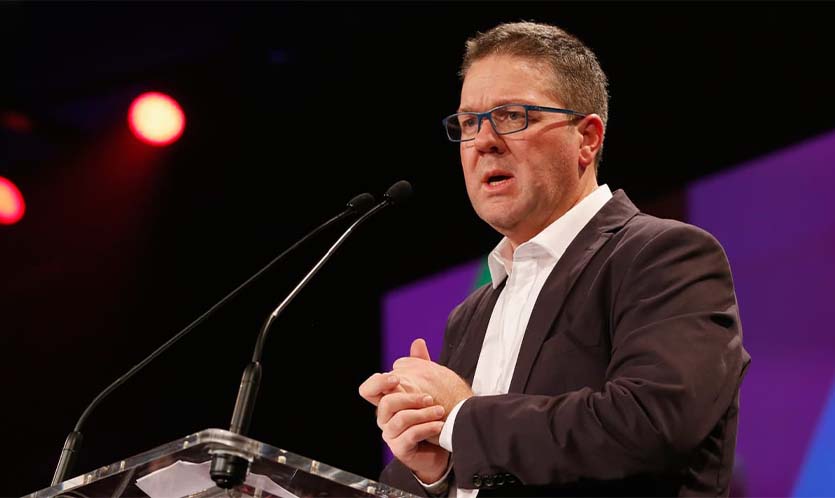As cricket’s global calendar continues to expand at breakneck speed, incoming Australian Cricketers Association (ACA) chief Paul Marsh has issued a stark warning: international cricket could be in serious jeopardy if the current scheduling trends persist. Marsh, who is returning to the ACA after a stint leading the AFL Players Association, is calling for urgent structural reforms to preserve the future of international contests amid the relentless rise of domestic T20 leagues.
“If we don’t get the scheduling sorted out in international cricket—so we actually work out how it will co-exist with the domestic Twenty20 competitions—then international cricket’s in trouble,” Marsh said during a press briefing on Tuesday. He emphasized that creating dedicated windows for international play has become a priority. “We’re trying to get to a more structured format around how international cricket works. That’s one of the big challenges I’ll be tackling when I return.”
The Franchise Takeover
Marsh’s comments come against the backdrop of growing concern over the dominance of T20 franchise tournaments in the cricketing calendar. The clearest example came earlier this year when South Africa sent a second-string team to New Zealand for a Test series because their main squad was tied up in the domestic SA20 league. It was a move that raised eyebrows across the cricketing world—and laid bare the power that domestic leagues now wield.
This trend has been gradually unfolding since the inception of the Indian Premier League (IPL) in 2008, but it’s reached a tipping point. More boards are now prioritizing commercial T20 events over traditional formats, leaving international cricket fighting for relevance and scheduling space.
Navigating the Scheduling Maze
The issue is further complicated by the international Future Tours Programme (FTP), which currently runs through 2027. That year is already shaping up to be a monster for Australian cricket, with a tour of India, an away Ashes series, and an ODI World Cup all packed into the same calendar year.
“The cricket scheduling problem is not an easy one,” Marsh admitted. “It’s not like the AFL, where we have full control and can build a fixture list on our own terms. In cricket, even if Cricket Australia has a preferred schedule, they need other nations to agree. That’s a whole different level of complexity.”
Marsh, whose late father Rod Marsh was an Australian cricket legend, is no stranger to the intricacies of the sport. Having previously led the ACA through a number of pivotal player agreements, he returns with deep experience—and renewed purpose.
“It felt like the right time,” he said of his decision to leave the AFLPA. “We’re a couple of years out from the next collective bargaining agreement, and I believe it’s better for someone new to take it on. Besides, cricket’s in my blood.”
A New Era of Collaboration?
His predecessor at the ACA, Todd Greenberg—now CEO of Cricket Australia—welcomed Marsh’s return. “Paul brings a wealth of cricket experience to the role and a passion for the game and the welfare of our players,” Greenberg said. “A collaborative and productive relationship between CA and the ACA is essential for the health of Australian cricket, and I’m confident that will continue well into the future.”
Marsh now steps into one of the most critical periods in cricket’s evolution. With players, boards, and leagues all jostling for calendar space and commercial gain, the need for global cooperation has never been greater.
Whether cricket can strike that delicate balance between franchise flair and international tradition remains to be seen—but Marsh is clear about what’s at stake.
“If we don’t act now, we risk losing what makes international cricket so special,” he warned.



